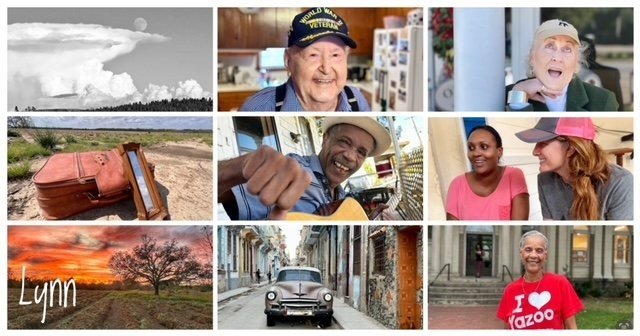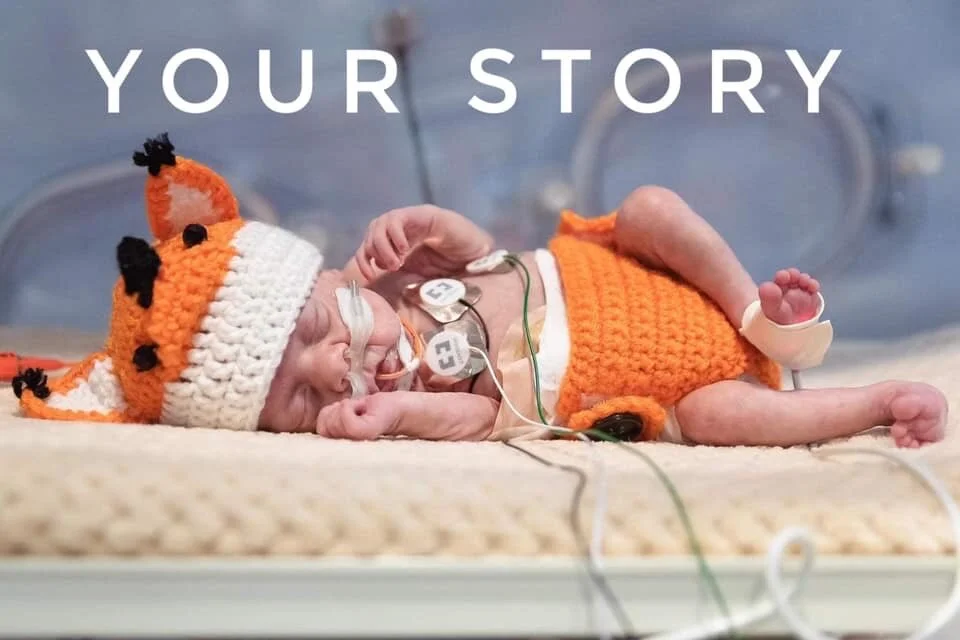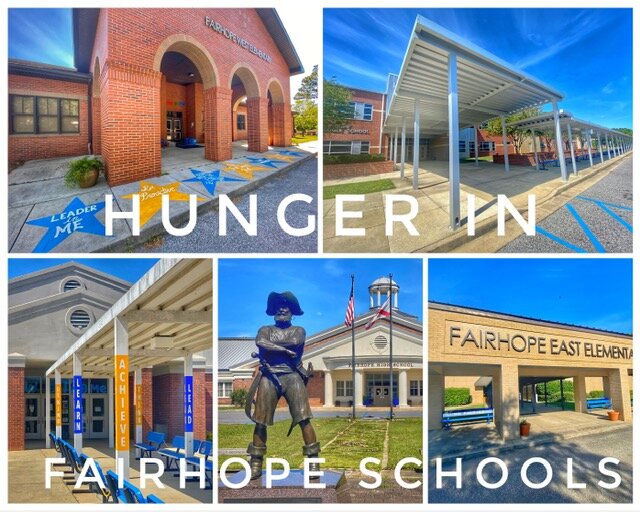Helpful Hearts in Fairhope
A large sign in front of the Gold Mine Pawn Shop, one mile from the Fairhope city limits, reads: “Tangible Assets,” where personal property is traded for loans. Tom Hand has owned the business for 38 years and believes pawn shops tell the story of a local economy. Workers pawning tools indicates hard times and unemployment. There are no grinders, saws, or drills on his shelves today because “construction is booming in Baldwin County.” If you can hold a hammer, you can get a job, he said.
Employment is strong and business is booming, but many workers on the Eastern Shore are living paycheck to paycheck. A blown-out tire or a car that won’t crank becomes a crisis. A pawn loan can seem like the only way out. The average pawn is $50, and the tangible assets can be items such as jewelry, rifles, or Rolexes, Hand said. The demand for loans in his store is lower than in more disadvantaged areas like Mobile.
“We are in a time of ‘planned obsolescence,’ where electronics and technologies lose their value as soon as they are carried out of the store, leaving fewer things of value to pawn,” Hand said. “I expanded into guns and retail to help stay in business.”
Pawn loans are the last, and often the only, alternative for people with poor credit or who have maxed out their credit cards. Some come in with nothing pawnable and desperation in their faces,” Hand said. “Even from Fairhope.” Sometimes he gives them a little cash as a gift.
Hand said he keeps a can of gas at the store, for the people who run out of gas in the parking lot and need the help.
COVID-19 hit at a financially “good” time since US Tax refunds had just started, then came the stimulus checks, Hand said. The unemployment checks are keeping people away from needing additional money right now.
“The future appears to be very uncertain though, once all the additional money dries up,” he said. “I expect a significant increase in pawn loans within the next two months, but I hope for the country I am wrong.”
Fairhope is a tale of two cities, with sunny sides and dark sides, restaurant owner Pete Blohme said. Blohme owns Panini Pete’s and Sunset Pointe in Fairhope, Ed’s Seafood Shed in Spanish Fort, and Squid Ink in Mobile.
“People struggle here just like anywhere else, but they are hidden away,” he said in an interview before the Coronavirus. “We also have businesses, churches, and organizations that care.”
Blohme started working in restaurants as a teenager, and struggled for years after opening his first restaurant, Panini Pete’s, in 2006. “We could have easily gone out of business,” he said. “My car was repoed and my credit went to shit, but we made it through.”
Mentoring young people and giving them a chance is part of Blohme’s business because, as he said, others invested in him. Blohme said each year almost thousands of seniors graduate high school in Baldwin County and don’t go to college. These are the students the restaurants need to reach.
“We develop natural gifts and talents,” Blohme said. We are always looking for jewels and the next one to bring out of the bullpen.”
Blohme said he tries to get his employees to higher productivity levels where he can justify paying them $12 or $13 an hour. It is difficult, he said, for employees to reach that potential when they are not prepared for real life and managing money.
“Educators, business leaders, and parents must prepare kids for life on their own,” Blohme said. “Many come to me now who are not ready.”
Jon Cardwell, principal of Fairhope High School, agrees that schools could improve financial education. Alabama requires financial literacy in the ninth grade.
“I wish we could teach it in the 10th or 11th grade when students are a little more mature and are making their own money,” he said.
Deann Soros, executive director of Prodisee Pantry, said there are banks working to get back in the schools to teach financial education.
“I don’t know why we dropped that part of education, but two generations have missed out and it shows in how they manage their money,” she said.
It is not just young people and low-wage earners struggling with finances, said Chad Stafford, pastor of Coastal Church in Daphne.
“People in our area are not down and out, they are up and out and that has been magnified since Covid-19,” he said. “Their problem is making $100,000 a year and spending $125,000. They are financially strapped because of hobbies, college debt, and not living within their means. In Stafford’s opinion, financial issues are the number-one cause of divorce.
“People feel stuck and ashamed but they don't have the knowledge to get out of it,” Stafford said. “Our church offers financial planning classes to help them through.”
“Cathy” said she hoped moving from a rural area stuck in poverty to the Eastern Shore for a good management job for her husband and better schools for her kids would relieve her family’s stress. Fairhope seemed “eclectic and warm,” she said, but the couple made $52,000 a year and discovered, “there was no place for us there.” It took months to find a fixer-upper they could afford in Daphne.
“My husband works 60 hours a week, but his company can never know how much we are struggling,” she said.
Cathy works two part-time jobs, allowing her to be home with her children. She said she keeps a tight budget, but not one of their jobs offers health insurance. Paying for treatment for a breast cancer scare was as frightening as the diagnosis, she said, until she found low-cost medical care for the uninsured at the Hope Center.
“They provided the mammogram and kept me calm,” she said. She later developed a respiratory infection, and the doctor at the Hope Center gave her a nebulizer, an inhaler, and the maintenance medication she needed. All treatments she said she could not have afforded.
Grateful for the Hope Center’s help, Cathy is giving back by taking pictures of high school seniors who can’t afford portraits. She also takes pictures of single moms and foster families.
The Hope Center has helped 6,000 uninsured patients like Cathy since it opened in 2009 at 3 Circle Church, said the center’s director, Dana Smith. The Hope Center helps people get back to work, among other things, with the care provided by doctors and nurses who donate their time.
Alabama Free Clinic (AFC) also provides healthcare for the uninsured in Baldwin County. Last year, AFC gave more than $1.9 million in donated medical care. The value of donated medication was more than $980,000 through compassionate care programs. Volunteer doctors and nurses cared for 771 patients, including 75 from Fairhope, according to Executive Director Laurie Snyder, who believes more can still be done.
“We still haven’t made a dent In Fairhope,” she said.
Twenty-five percent of the people in Baldwin County are without healthcare, Stroud said in an interview before the Coronavirus. The clinic’s patients are mechanics, hairdressers, food servers, landscapers and small business owners. They are uninsured and don’t qualify for Medicaid. It is up to free clinics like AFC to stand in the gap for Medicaid Expansion that didn’t pass in Alabama..
“As the coronavirus pandemic affects the physical, mental, and economical health of our community, the demand for our services is increasing,” Snyder said. “The volume of phone calls, emails, and need for new patient applications are higher than ever and increase day by day.
One hundred percent of AFC’s patients are high-risk due to their chronic illnesses, and the pandemic forced the clinic to find new ways to operate with tele-health and drive-throughs to provide medical services while protecting the health of the community.
Snyder said she sees herself in many of her patients, and knows anyone can be where they are. “The best part is when they come back and tell how well they are doing,” she said. “So many people want better, they just need a little help.”
Fairhope Utilities also provides that “little help” to customers trying to pay their bill, even if it is not the full amount, according to its director, Jason Jarvis. Power is turned off in every neighborhood of Fairhope because of unpaid bills.
“Let us know before you can’t pay your light bill and we will work with you,” Jarvis said. “Covering it up and ignoring it is the worst thing you can do.”
People need to know about the agencies providing assistance such as Ecumenical Ministry, Community Action, and Catholic Social Services, Jarvis said.
“If you don’t need these services, donate to them.”
Fairhope Utilities has a relief fund through Ecumenical Ministries that “assists needy persons with the payment of their Fairhope utility bills.” Customers can add a voluntary donation to their payment. The relief is $100 a year per recipient, but Jarvis said he is hoping that can be increased with a recurring donation option on the monthly bill.
Meanwhile, The Fairhope Police Department helps from the front line.
“People don’t realize how much we see homelessness,” Lt. Shane Nolte said. “Our officers have paid for motel rooms and meals out of their own pockets. A couple of weeks ago we helped a woman and her two high school kids who were sleeping in their car. We put them in a motel room, enrolled the students in school, and helped the mom get the medicine she needed.”
People often call the police station asking for assistance, and churches help fill in the gaps, he said. Fairhope United Methodist Church helps with emergency needs, provides showers and a place to wash clothes for the homeless, and serves hot meals on Fridays in the Community Cafe. First Hope at First Baptist Church directs a food pantry, conducts a school uniform drive in August, and helps with other year-round and seasonal needs.
Local people in leadership positions are helping, too. Erin Langley directs Eastern Shore Repertory Theatre (ESRT) with a mission to make the arts available to all, not just those who can afford it. The company’s auxiliary is a group of volunteers that raises money for scholarships for “new kids who want to be a part of our program, because money should never be a reason a child doesn’t join,” Langley said.
Corey Martin is a former college baseball player. He has teenage sons, and immediately started coaching baseball when his family moved to Fairhope eight years ago. Surprised by the invisible poverty, he said he met families on his team who could not afford sports equipment and fees.
“Uniforms and bats are expensive, and football costs $100 just to play,” he said. “That is a big $100 for a single mom working two jobs trying to pay the light bill.”
Martin said he believes Fairhope needs scholarships for sports so all kids have a chance to play. Martin started Lampro Asteri, the Greek term for “shining star.” Through the organization, Martin visits Fairhope Intermediate and Fairhope Middle School to “speak life” to 115 boys. Martin brings with him men from professional occupations because some of the boys “don’t know what a doctor or lawyer looks like.”
“They need to know the opportunities they have in the future and why they need to study math and science,” he said. “If we can have one boy who says the program made a difference, then hallelujah. That is a generational change, and I have seen it happen.”
As a mentor, Martin said he wants to re-incorporate the vision of the village into the community.
“You never know what gifts these kids have,” he said. “I believe each of us are shining stars and it begins and ends with our kids. There should not be any child In our community who does not have access to any resource that could enrich his or her future.
“We are one heartbeat and one people.”
*Cathy’s name was changed
If you want to help, volunteer or donate to Prodisee Pantry, Ecumenical Ministries. The Hope Center at Three Circle Church, Eastern Shore Repertory Theatre, Alabama Free Clinic, or Lampro Asteri.
This is the final story in the five-part series.






